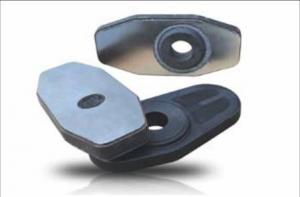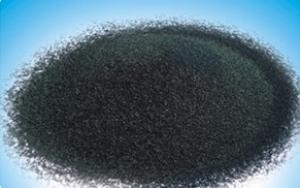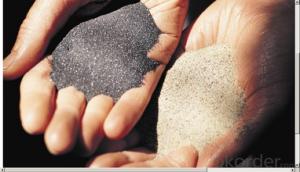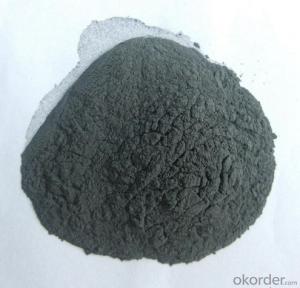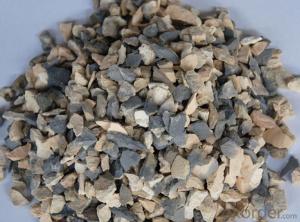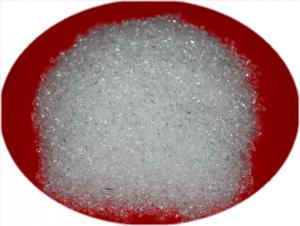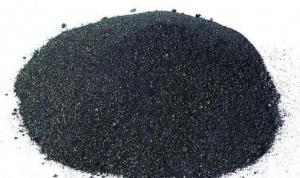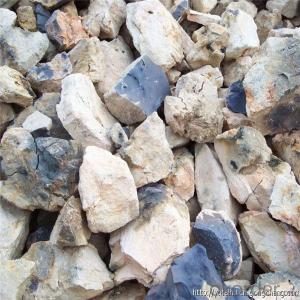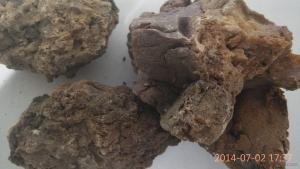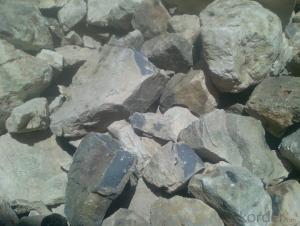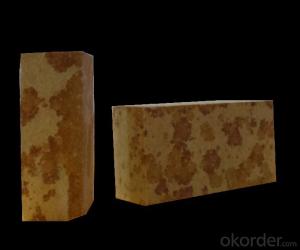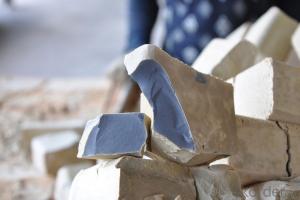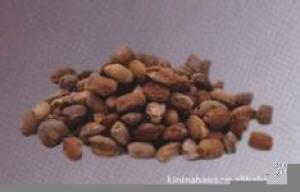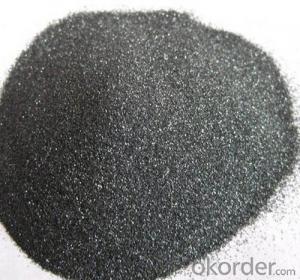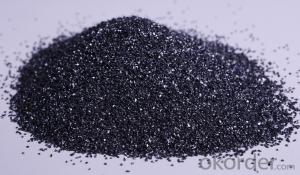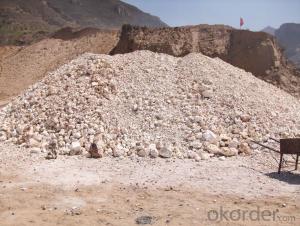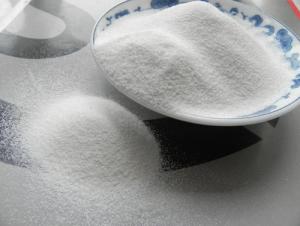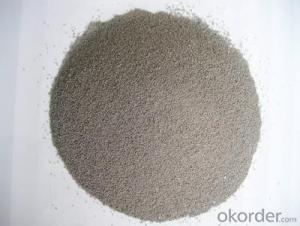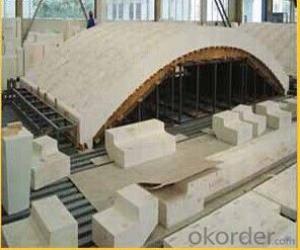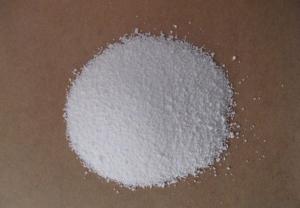All Categories
- - Steel Wire Rod
- - Steel Coils
- - Steel Profiles
- - Steel Pipes
- - Stainless Steel
- - Tinplate
- - Special Steel
- - Steel Sheets
- - Steel Rebars
- - Steel Strips
- - Hot Rolled Steel
- - Cold Rolled Steel
- - Pre-painted Steel
- - Seamless Steel Pipe
- - Welded Steel Pipe
- - Hollow Steel Tubes
- - Galvanized Pipe
- - Stainless Steel Coil
- - Stainless Steel Sheet
- - Stainless Steel Plate
- - Stainless Steel Strips
- - Electrolytic Tinplate Coil
- - Electrolytic Tinplate Sheet
- - Stainless Steel Rebars
- - Solar Panels
- - Solar Water Heater
- - Solar Related Products
- - Solar Inverter
- - Solar Cells
- - Solar Light
- - Solar Energy Systems
- - Solar Controllers
- - Solar Mounting System
- - Solar Pump
- - Solar Chargers
- - Fiberglass Chopped Strand
- - Fiberglass Mesh Cloth
- - Composite Pipes
- - FRP Pultrusion Profiles
- - Fiberglass Mat Tissue
- - Fiberglass Fabrics
- - Fiberglass Mesh
- - Composite Tank
- - Fiberglass Mesh tape
- - Polymer
- - FRP Roofing Panel
- - Fiberglass Roving
- - Monolithic Refractories
- - Ceramic Fiber Products
- - Refractory Bricks
- - Raw Materials For Refractory
- - Suspended Platform
- - Cranes
- - Concrete Machinery
- - Earthmoving Machinery
- - Building Hoist
- - Road Building Machinery
- - Plastic Pipe Fittings
- - Plastic Tubes
- - Plastic Sheets
- - Agricultural Plastic Products
- - Plastic Nets
Q & A
How are corundum and chrome-alumina materials employed in refractory production?
Corundum and chrome-alumina materials are commonly used in refractory production due to their high heat resistance and excellent thermal properties. Corundum, which is a crystalline form of aluminum oxide, is often used as a primary raw material in the production of high-quality refractory bricks and shapes. It provides excellent resistance to thermal shock, high temperatures, and chemical corrosion, making it suitable for lining furnaces, kilns, and other high-temperature industrial applications.
On the other hand, chrome-alumina materials, which are a combination of chromium oxide and aluminum oxide, are employed in refractory production to enhance the corrosion resistance and thermal conductivity of the refractory products. Chrome-alumina materials are particularly useful in environments where there is a high presence of alkalis, as they have excellent resistance to alkali attack. They are often used in the construction of cement kiln linings, glass furnaces, and other applications where resistance to chemical corrosion is crucial.
Overall, both corundum and chrome-alumina materials play a vital role in the production of refractory materials, providing enhanced heat resistance, thermal conductivity, and chemical corrosion resistance to ensure the long-lasting performance of refractory products in high-temperature industrial settings.
What is the role of rare earth elements in refractory materials?
Rare earth elements play a crucial role in refractory materials as they enhance their properties and performance. These elements, such as cerium, lanthanum, and yttrium, are added to refractory materials to improve their resistance to high temperatures, corrosion, and mechanical stress. Additionally, rare earth elements can increase the refractoriness and thermal stability of these materials, making them suitable for applications in industries like steelmaking, glass manufacturing, and aerospace.
How do raw materials contribute to the erosion resistance of refractory products?
Raw materials contribute to the erosion resistance of refractory products by providing the necessary properties to withstand high temperatures, chemical reactions, and mechanical stresses. These materials, such as silica, alumina, and magnesia, possess high melting points and stability, which enable them to form strong bonds and resist erosion caused by the abrasive nature of various industrial processes. Additionally, the composition and grain size of raw materials impact the porosity and density of refractories, further enhancing their erosion resistance.
What are the advantages of using diatomite in refractory applications?
Diatomite offers several advantages in refractory applications. Firstly, it has a high thermal stability, allowing it to withstand high temperatures without losing its structural integrity. This makes it suitable for use in furnaces, kilns, and other high-temperature environments. Secondly, diatomite has excellent insulating properties, which helps to minimize heat loss and improve energy efficiency in refractory systems. Additionally, diatomite is lightweight and has a low density, making it easier to handle and install in various applications. Finally, diatomite is chemically inert and has a low thermal expansion coefficient, reducing the risk of cracking or spalling under thermal stress. Overall, these characteristics make diatomite a valuable material for enhancing the performance and durability of refractory structures.
Wholesale Raw Materials For Refractory from supplier in Andorra
Some of the raw materials we supply for refractory products include:
1. Refractory bricks: We offer a wide range of refractory bricks that are used in various industries, such as steel, cement, glass, and petrochemical. These bricks are designed to withstand high temperatures and provide excellent resistance to thermal shock and chemical attack.
2. Refractory castables: Our castables are a mixture of refractory aggregates, binders, and additives. They are used for lining furnaces, kilns, and other high-temperature equipment. Our castables offer excellent strength, thermal shock resistance, and abrasion resistance.
3. Refractory mortars: We supply refractory mortars that are used to bind refractory bricks or castables together. These mortars provide high bond strength, good workability, and excellent resistance to thermal cycling.
4. Refractory fibers: Our range of refractory fibers includes ceramic fibers, such as alumina-silica fibers and zirconia fibers. These fibers are used as insulation materials in high-temperature applications. They offer low thermal conductivity, excellent thermal stability, and high resistance to chemical attack.
5. Refractory coatings: We provide various types of refractory coatings that are used to protect refractory materials from chemical attack, erosion, and thermal shock. These coatings extend the service life of refractory linings and improve their performance.
6. Refractory powders: We offer a wide range of refractory powders, such as alumina, magnesia, and zirconia powders. These powders are used as raw materials for manufacturing refractory products or for repairing and patching refractory linings.
Our team of experts is available to provide technical support and assistance in selecting the right raw materials for your specific applications. We can also provide customized solutions and offer competitive quotations for your projects. Contact us today to discuss your requirements and benefit from our comprehensive range of raw materials for refractory products in Andorra.
1. Refractory bricks: We offer a wide range of refractory bricks that are used in various industries, such as steel, cement, glass, and petrochemical. These bricks are designed to withstand high temperatures and provide excellent resistance to thermal shock and chemical attack.
2. Refractory castables: Our castables are a mixture of refractory aggregates, binders, and additives. They are used for lining furnaces, kilns, and other high-temperature equipment. Our castables offer excellent strength, thermal shock resistance, and abrasion resistance.
3. Refractory mortars: We supply refractory mortars that are used to bind refractory bricks or castables together. These mortars provide high bond strength, good workability, and excellent resistance to thermal cycling.
4. Refractory fibers: Our range of refractory fibers includes ceramic fibers, such as alumina-silica fibers and zirconia fibers. These fibers are used as insulation materials in high-temperature applications. They offer low thermal conductivity, excellent thermal stability, and high resistance to chemical attack.
5. Refractory coatings: We provide various types of refractory coatings that are used to protect refractory materials from chemical attack, erosion, and thermal shock. These coatings extend the service life of refractory linings and improve their performance.
6. Refractory powders: We offer a wide range of refractory powders, such as alumina, magnesia, and zirconia powders. These powders are used as raw materials for manufacturing refractory products or for repairing and patching refractory linings.
Our team of experts is available to provide technical support and assistance in selecting the right raw materials for your specific applications. We can also provide customized solutions and offer competitive quotations for your projects. Contact us today to discuss your requirements and benefit from our comprehensive range of raw materials for refractory products in Andorra.
Hot Search
- Monolithic Refractories in Tajikistan
- Ceramic Fiber Products in Uruguay
- Refractory Bricks in Mauritius
- Raw Materials For Refractory in Azerbaijan
- Monolithic Refractories in Senegal
- Ceramic Fiber Products in Brazil
- Raw Materials For Refractory in Egypt
- Refractory Bricks in Canada
- Refractory Bricks in Palestine
- Ceramic Fiber Products in Jamaica
